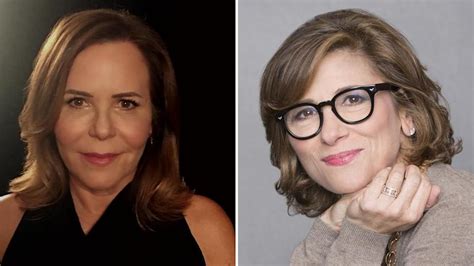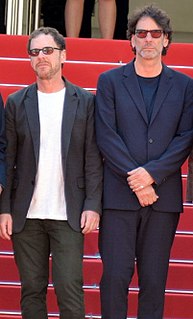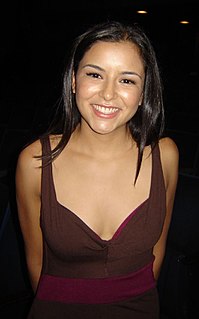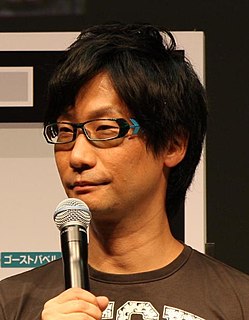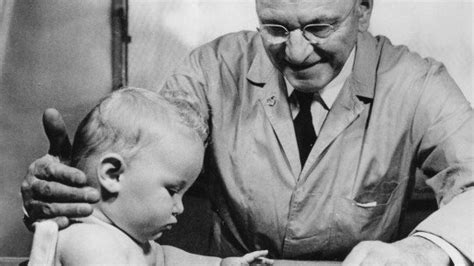A Quote by Martine Syms
I'm so voracious with books, movies, TV, and I'm always interested in the way that different cultural values are presented or, in their absence, are present.
Related Quotes
We're still staring at TV screens, right? They're still monitors. But the way information is delivered is different. So it creates an interesting way of looking back at early films, because they're actually relevant in terms of the devices people are using. But the consideration, the debate, around those technologies was very different from what's being presented now.
The men who are not interested in philosophy need it most urgently: they are most helplessly in its power. The men who are not interested in philosophy absorb its principles from the cultural atmosphere around them-from schools, colleges, books, magazines, newspapers, movies, television, etc. Who sets the tone of a culture? A small handful of men: the philosophers. Others follow their lead, either by conviction or by default.
If I wanted to do TV full-time, 'Breaking Bad' is definitely the type of project I would want to do. But TV is not my favorite thing in the world. I definitely want to focus on film. It's what I grew up loving. It's always been about movies, movies, movies, movies, movies. I really want to make great films.
The family is both a biological and a cultural group. It is biologic in sense that it is the best arrangement for begetting children and protecting them while they are dependent. It is a cultural group because it brings into intimate association persons of different age and sex who renew and reshape the folkways of the society into which they are born. The household serves as a "cultural workshop" for the transmission of old traditions and for the creation of new social values.

